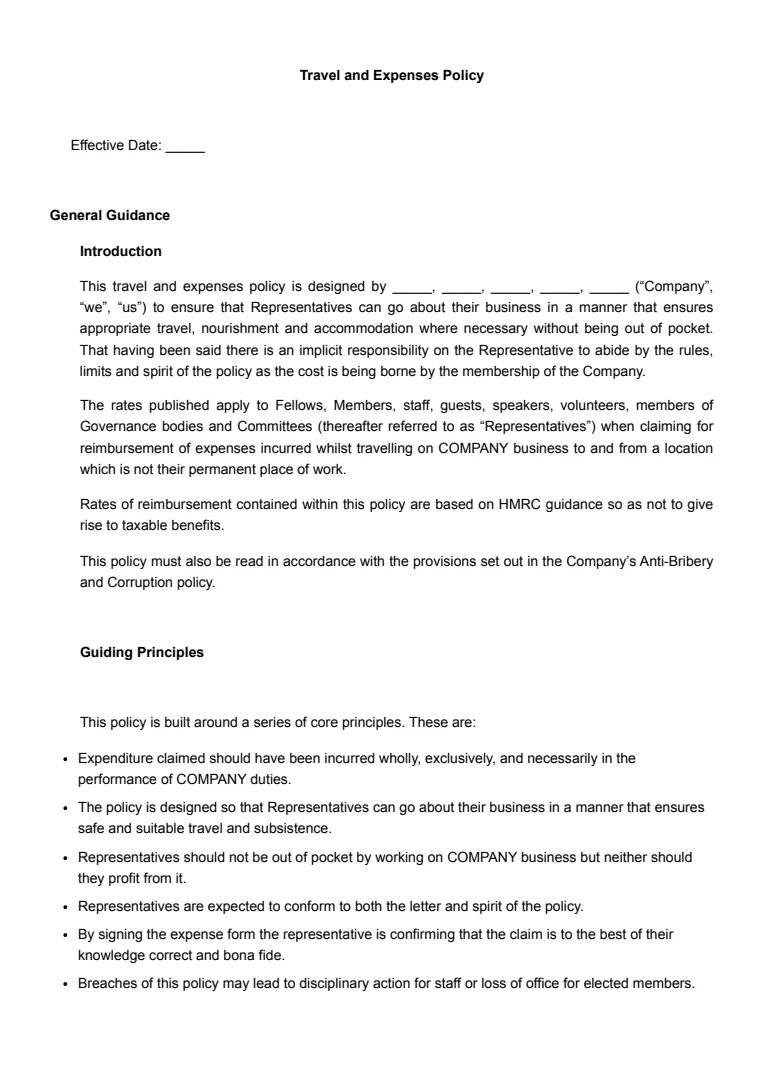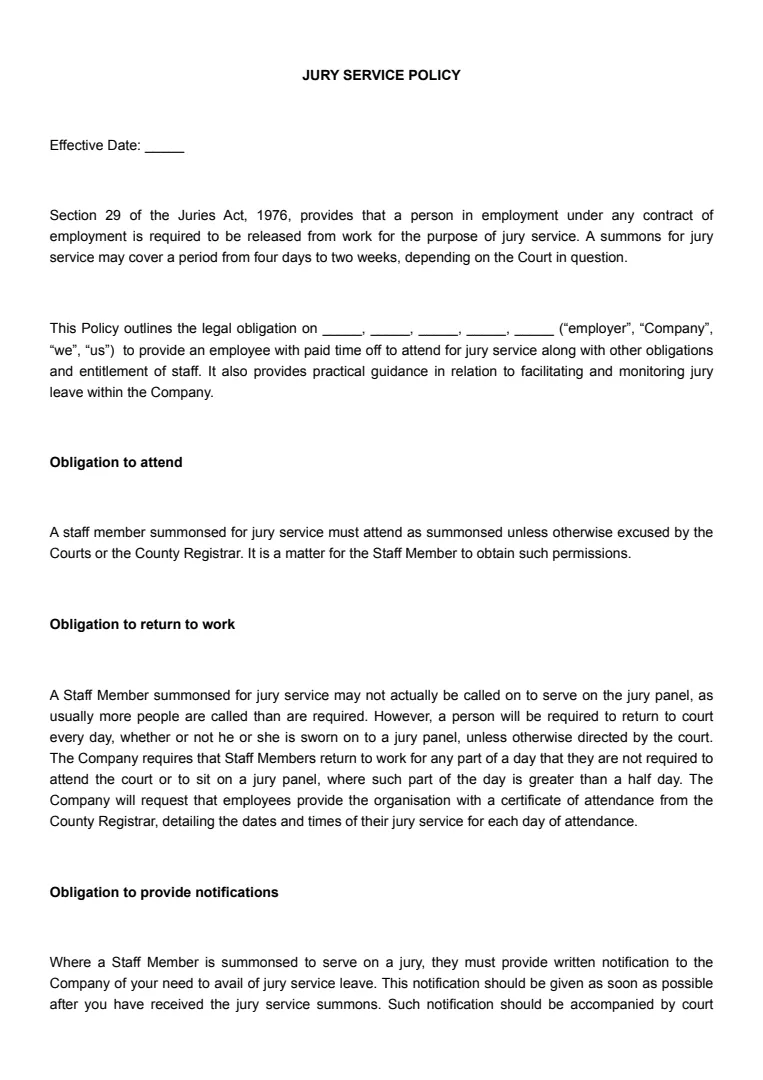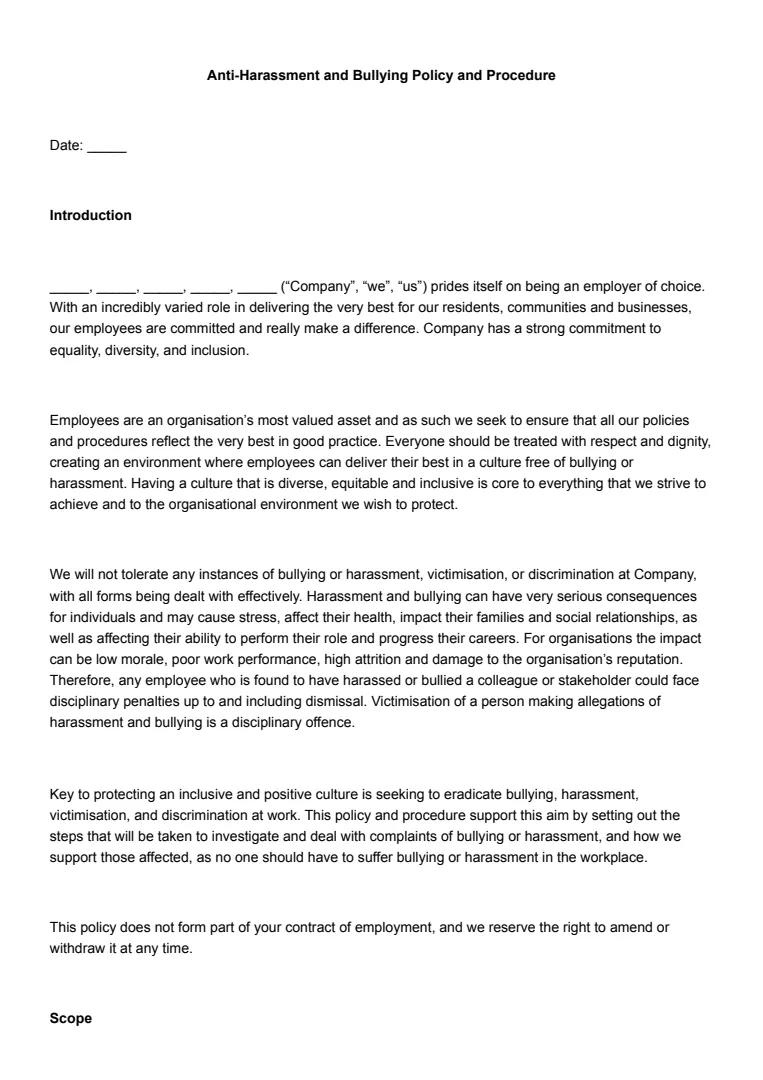What Is an Expense Policy?
An expense policy is a set of guidelines that dictate how you'll handle spending within your company. This policy outlines which expenses are permissible and provides rules for reimbursement.
These documents often have a list of approved expenses like travel, meals, and office supplies. It's crucial for employees to know what's covered, so clarity is key.
The expense policy usually explains the process for submitting expense claims. This may involve filling out forms, providing receipts, and getting approvals.
Having an expense policy helps you guard company funds by preventing unauthorised or excessive spending. It simplifies the expense management process and keeps everything fair and transparent.
You'll find that expense policies can vary between companies, but core elements often include spending limits, required documentation, and approval hierarchies. These details ensure everyone is on the same page.
An effective policy supports both employees and employers by streamlining reimbursements and reducing financial risks. The goal is to make financial dealings straightforward and fair for everyone involved.
When Is an Expense Policy Needed?
An expense policy becomes essential when your company grows and you want to maintain consistency in handling expenses. As you welcome more employees on board, having an organised approach ensures that everyone knows the rules and reduces misunderstandings.
If your business is incurring frequent and varied expenses, you need a policy to streamline the process. This helps in approving expenses efficiently and ensures that all employees are clear on what is reimbursable.
Companies aiming to manage budgets effectively will find an expense policy extremely beneficial. It assists in setting spending limits, monitoring outgoings, and avoiding unexpected costs that can sabotage financial plans.
If collecting documentation for tax audits and compliance is part of your responsibility, an expense policy helps you keep everything in check. It's essential to know what paperwork is needed and maintain it dutifully.
When employees are frequently travelling or working offsite, this policy is crucial. It clarifies which travel and subsistence expenses are acceptable, removing guesswork and ensuring fair treatment across the board.
Starting programmes for employee benefits related to expenses, such as education or training allowances, also necessitates a formal policy. It helps define eligibility and ensure consistent application.
The key benefits of an expenses policy are:
- Clarity: Ensures understanding among employees.
- Efficiency: Facilitates quicker approvals and payments.
- Control: Helps in budget management and cost control.
Without clear guidance, inconsistent practices could emerge, leading to disputes and financial discrepancies. An expense policy offers structure, teaches employees accountability, and ultimately supports the financial health of your company.
How to Write an Expense Policy
It’s important to have a clear and comprehensive expense policy in place. You can create one by following these steps.
Step 1: Identify the Purpose of Your Policy
Start by identifying the purpose of your expense policy. This helps set clear boundaries on what is considered a business-related expense and ensures everyone knows what's allowed.
Step 2: Define Expense Categories
Define expense categories, such as travel, meals, office supplies, or client entertainment. Categorising expenses makes it easier to allocate funds and manage budgets.
Step 3: Set Budgets for Each Category
Setting budgets for each expense category is crucial to prevent overspending. Ensure there are clear limits in place for each category to maintain financial control.
Step 4: Establish an Approval Process
Establish an approval process. Clearly outline who approves expenses and what the limits are for different spending levels. This ensures accountability and reduces the risk of unauthorised expenditure.
Make the process simple to follow to avoid confusion.
Step 5: Detail the Expense Reporting Procedure
Detail the expense reporting procedure. Describe how employees should submit expense claims, including required documentation like receipts.
Providing examples or templates for expense reports can be helpful, and make sure you have an easy-to-use system in place.
Step 6: Use Expense Management Software
Use expense management software to streamline the process. These tools can automate approval workflows, track spending in real time, and integrate with your accounting system. This reduces paperwork and speeds up reimbursement.
Step 7: Educate Your Staff
Educate your staff. The success of your policy depends on everyone understanding how it works.
Regular training sessions can highlight best practices and updates, promoting compliance and ensuring effective communication.
Step 8: Regularly Review and Update Your Policy
Regularly review and update your expense policy. Business needs change over time, and your expense policy should evolve accordingly.
Engage with employees to identify any issues or improvements needed to keep the policy relevant and aligned with your financial goals.
You can use an expense policy template to guide you.













